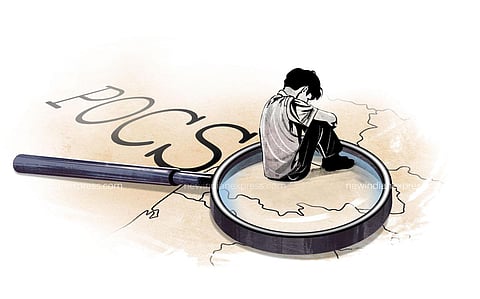Supreme Court paves way to revisit POCSO act
In a historical judgment with potentially far-reaching consequences, the Supreme Court recently made it clear that all women—married or unmarried—are entitled to safe abortions under the Medical Termination of Pregnancy Act. First, the judgment acknowledges that persons who do not identify as cis-gender women also require and seek abortion services.
Although it uses the word ‘woman’ to include persons who may be transgender or have any other gender identity, the judgment at least records the spectrum of gender experiences and the needs that diverse groups of people have. Second, the SC has said that marital rape is to be seen as rape for the purposes of the MTP Act, even as the exception to marital rape under Section 375 of the IPC is being considered by another bench.
Third, the court points out that regardless of minors being unable to consent to sexual activity as per the POCSO Act, minors are indeed having consensual sex and the Act’s clause that makes it mandatory for authorities to report said sexual activity to police should not become a barrier for a child to access safe abortion services. To this end, the court says POCSO and the MTP Act should be read harmoniously, and healthcare providers, with the consent of the child and guardian, need not report the matter and may be protected from prosecution.
This last intervention comes in the 10th year of the POCSO Act. The law has many progressive features, including that it is gender-neutral. However, in practice, it has too often come to be used against minors or youngsters close in age having consensual sex. Activists have called for a more nuanced treatment of such relationships, and the verdict surely lays the groundwork towards amending it following suitable discussion.
Similarly, while well-intentioned and necessary when children are assaulted by their guardians and families, the mandatory reporting clause does act as a barrier to accessing vital healthcare, as acknowledged by the SC. This must be revisited in a nuanced way—children must be protected, but the very means of protection must not cause harm by denial of healthcare services.
Finally, its impact will be limited as historic as the SC judgement may be unless its strictures trickle down to service providers. The judgment must be included in training material for doctors, healthcare providers and all other stakeholders.

